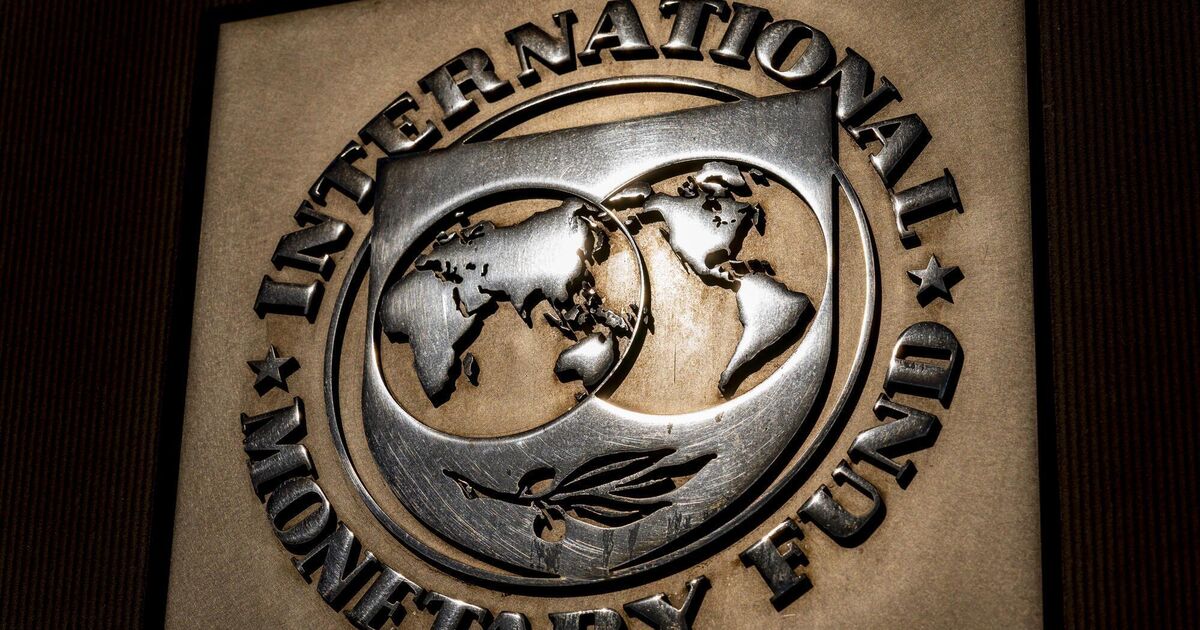The International Monetary Fund (IMF) has called for a national fiscal rule to safeguard the economy due to its heavy reliance on corporate tax receipts from a small number of multinationals.
In a paper released on Wednesday, the IMF said Ireland faces significant spending needs to alleviate supply constraints and address long-term pressures.
However, while Ireland currently enjoys a relatively comfortable fiscal position thanks to large windfall corporate tax revenues, the IMF said the situation can change quickly, as shown by the global financial crisis.
“A prudent debt anchor combined with a net spending rule as an operational target seems an appropriate choice in light of Ireland’s circumstances,” the IMF said.
It noted the spending rule introduced by the previous government, which stipulated that the annual growth of nominal expenditure net of discretionary revenue measures would not exceed 5% between 2021 and 2025. However, it also noted the previous Government’s failure to abide by the rule.
“This rule, essentially linking expenditure growth to the potential growth of the economy, could have provided a reasonable guide for fiscal policy had it been adhered to. However, it was repeatedly breached without corrective actions following noncompliance,” the IMF said.
Against this backdrop, it said that a national fiscal rule that ensures macroeconomic stabilisation and debt sustainability and enhances the credibility of fiscal policy would help strengthen Ireland’s fiscal framework.
Specifically, a prudent debt anchor combined with a net spending rule as an operational target was identified as an appropriate choice in light of Ireland’s circumstances by the IMF.
“A debt anchor of about 40% provides a fiscal buffer to absorb economic shocks while maintaining a prudent level of indebtedness,” the paper said.
It said the operational rule in terms of expenditure has multiple advantages, including limiting procyclicality, enhancing transparency and facilitating monitoring and enforcement.
